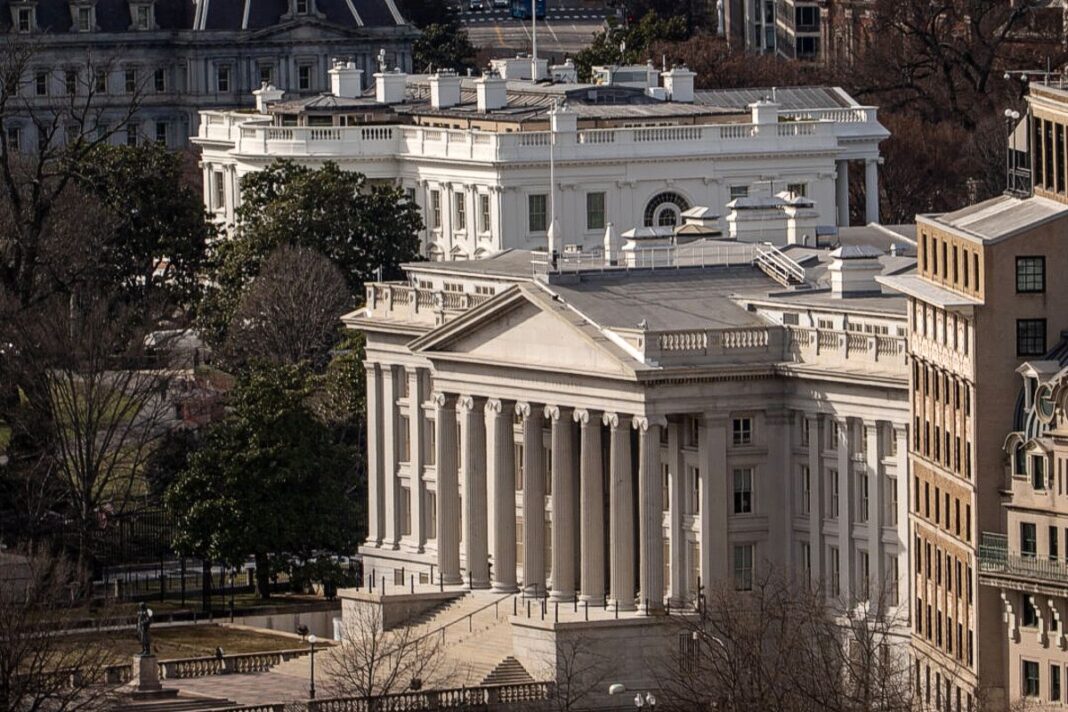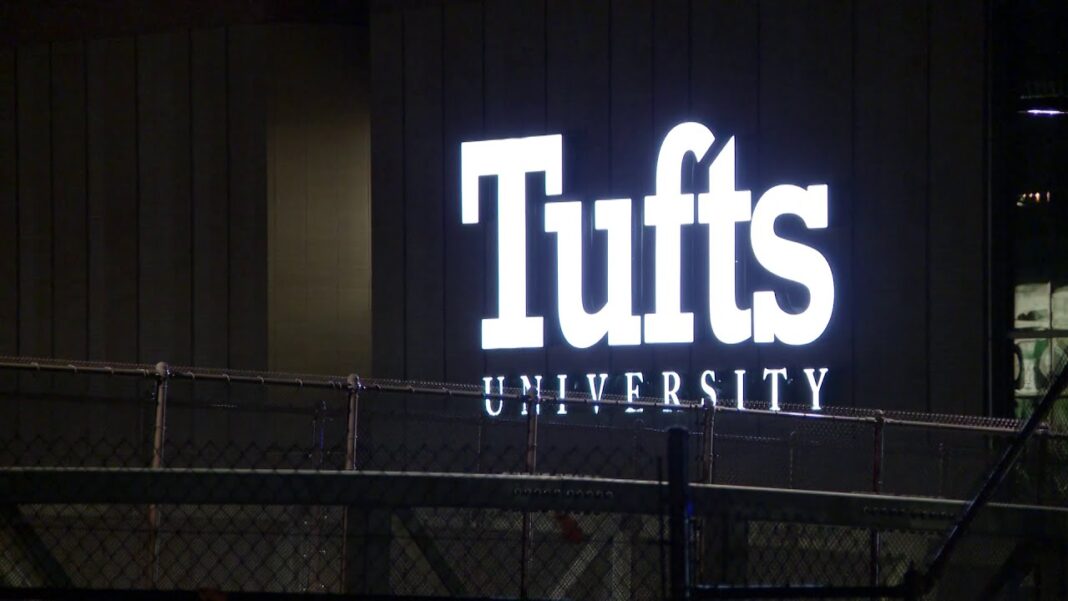The exact numbers were not disclosed.
The Department of the Treasury is working on plans to fire a substantial number of workers, according to an official, who said the terminations are in response to President Donald Trump’s Feb. 11 executive order to optimize the federal workforce.
“These plans will be tailored for each bureau, and in many cases will require separations of substantial numbers of employees through reductions in force (RIFs),” Trevor Norris, a human resources official for the department, said in a March 25 declaration filed with the federal court in Maryland.
The Treasury Department did not respond to a request for comment.
Trump in the order directed the heads of agencies to “promptly undertake preparations to initiate large-scale reductions in force,” a formal term for mass terminations.
Nearly 25,000 workers on probationary status were later terminated, including more than 7,600 workers at the Treasury.
U.S. District Judge James Bredar, who is based in Maryland and is presiding over a case brought by attorneys general against 18 agencies that fired workers, recently ruled that the firings were illegal because states were not provided with advance notice and because the government did not carry out assessments for each employee.
Bredar’s ruling, along with an order from another judge, required Treasury and the other agencies to reinstate the fired probationary workers and not commence additional reductions-in-force unless they complied with legal requirements, including giving advance notice.
Officials in a status report earlier in March said they had either undertaken or completed reinstatement. Bredar said the report showed the government had made “meaningful progress” and ordered officials to give him another update by March 25.
Norris’s declaration was filed with the court with updates from officials with the other agencies, including the U.S. Environmental Protection Agency and the U.S. Department of Agriculture.
Norris said that the RIFs would be seniority-based, so they will likely primarily fire probationary workers who were just reinstated.
“In some case, bureaus may determine that the likelihood of certain reinstated probationary employees being separated is sufficiently high that restoring them to full duties in advance of the planned RIF would be unduly disruptive to both the employees and the bureau,” he added.
None of the other officials outlined plans for future mass terminations.







